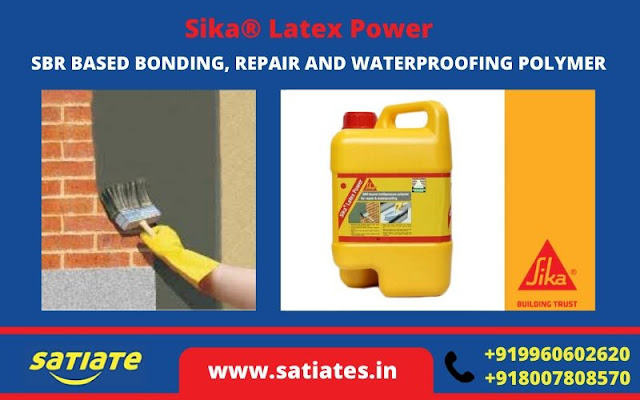Floor Hardener: Enhancing Durability and Strength of Concrete Floors
Floor hardner is a specialized chemical compound used to strengthen and enhance the durability of concrete floors. It is a popular choice for industrial, commercial, and residential applications where high traffic, heavy loads, and harsh conditions are expected. Floor hardeners are applied to the surface of freshly poured or existing concrete floors to create a tough, abrasion-resistant layer that protects the underlying concrete and extends its lifespan.
Floor hardeners typically consist of a blend of fine aggregates, cement, and additives. The aggregates can vary in size, ranging from fine particles to coarser granules, depending on the desired level of hardness and texture. Common types of aggregates used in floor hardeners include silica sand, quartz, aluminum oxide, and corundum. These aggregates contribute to the mechanical strength and wear resistance of the hardened floor surface.
Cement is an essential component of floor hardeners, as it acts as a binder that holds the aggregates together. Ordinary Portland cement (OPC) is commonly used, although other types of cement, such as high-performance or specialty cements, may be utilized for specific applications. The cementitious matrix formed by the cement provides structural integrity to the floor and helps distribute loads evenly.
Additives are incorporated into floor hardeners to enhance certain properties or facilitate application. These additives can include plasticizers, dispersants, accelerators, retarders, and coloring agents. Plasticizers improve workability and reduce water demand, making the mixture easier to spread and level. Dispersants enhance the flow and distribution of the components, ensuring a homogeneous mixture. Accelerators speed up the hardening process, while retarders delay it, allowing for longer working time. Coloring agents, such as pigments or dyes, can be added to achieve desired aesthetics and create a visually appealing floor surface.
The application of floor hardeners involves a multi-step process. Here is a general outline of the steps typically followed:
Surface Preparation: The concrete floor must be thoroughly cleaned and free of any dirt, oil, grease, or other contaminants that could interfere with the adhesion of the hardener. Any existing coatings or sealers may need to be removed using suitable methods, such as grinding or shot blasting.
Mixing: The floor hardener components are mixed according to the manufacturer's instructions. It is essential to achieve a uniform blend of aggregates, cement, additives, and water to ensure consistent results. Mixing can be done manually using handheld tools or mechanically using specialized equipment, such as a pan mixer or a mortar mixer.
Application: The mixed floor hardener is spread evenly onto the concrete surface using a steel trowel, a hand float, or a power trowel, depending on the size of the area and the desired finish. It is crucial to apply the hardener in thin, uniform layers to avoid excessive buildup, which can lead to cracking or delamination.
Troweling and Finishing: Once the hardener is applied, it is worked into the surface using a trowel or a power float. This process helps densify the concrete and improves its wear resistance. Additional finishing techniques, such as brooming, stamping, or texturing, can be applied at this stage to enhance the floor's aesthetics and slip resistance.
Curing and Protection: After the hardener has been applied and finished, the floor must be adequately cured to ensure proper strength development. Curing methods can include the use of curing compounds, plastic sheets, wet curing, or curing membranes. Additionally, it is essential to protect the newly hardened floor from excessive foot traffic or loading until it reaches its full strength.
Floor hardner offer numerous benefits for concrete floors. They significantly improve the resistance to abrasion, impact, and chemical attack, making the floors more durable and long-lasting.
Url:- https://www.satiates.in/sika-block-joining-mortar.php
Contact:- +91 9922000518
Source Link:- https://satiatesolution321.pointblog.net/enhancing-concrete-floors-with-floor-hardener-60238539



Comments
Post a Comment